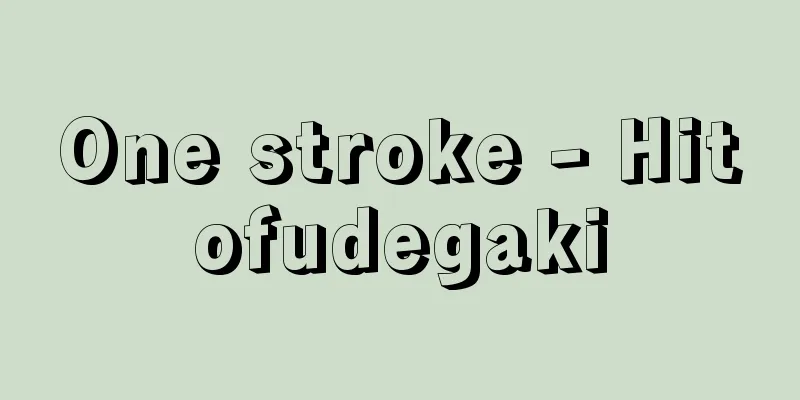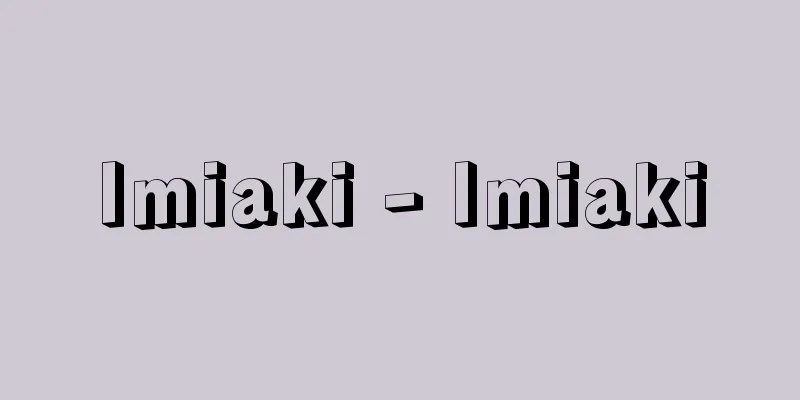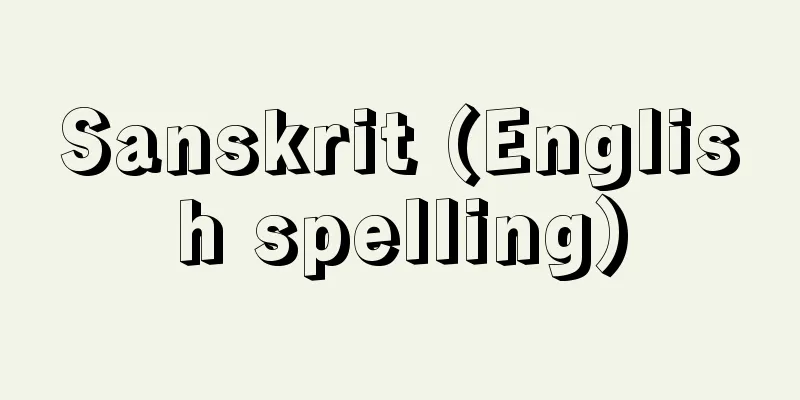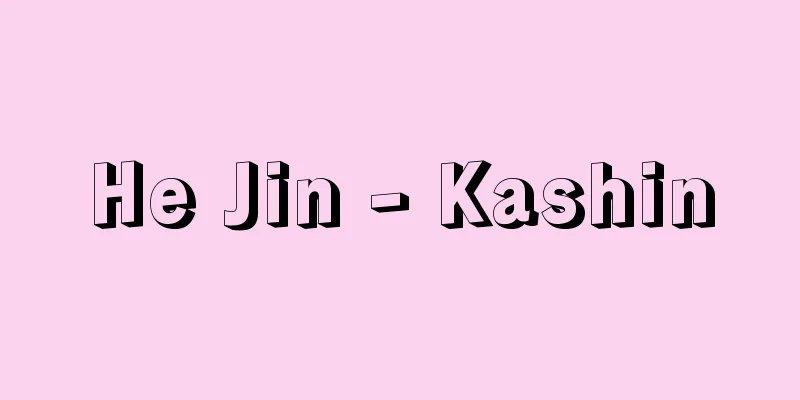Crime of disclosing secrets
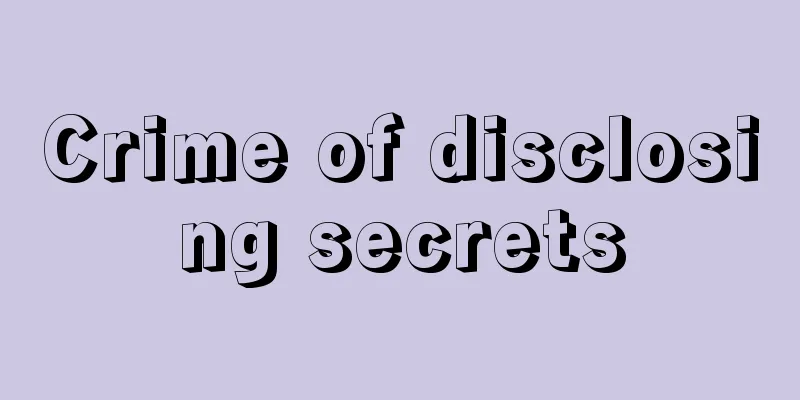
|
Doctors, pharmacists, drug dealers, midwives, lawyers, defense attorneys, notaries, or those who have worked in these positions, who are bound by confidentiality obligations, are found guilty of disclosing confidential information of people that they have learned about in the course of their work without a legitimate reason, and are punished with imprisonment of up to six months or a fine of up to 100,000 yen (Penal Code, Article 134, Paragraph 1). The same applies to those who work in or have worked in religious, prayer, or ritual positions, who have learned about confidential information of people that they have learned about in the course of their work without a legitimate reason (Penal Code, Article 134, Paragraph 2). This crime is a private offense (Penal Code, Article 135). Those who work in these positions have many opportunities to come into contact with many people's secrets, such as health and legal disputes, in the course of their work, and because they cannot feel safe disclosing the truth if these secrets are not protected, this crime has been established. The subjects of this crime are limited to those listed (status crimes). "Doctor," "pharmacist," and "lawyer" refer to those who have these qualifications under the law. "Pharmaceutical distributor" refers to a person who sells pharmaceuticals with permission, and "attorney" refers to a special attorney. Civil servants, certified public accountants, tax accountants, judicial scriveners, etc. are not included in this crime, but there are similar punishment provisions under special laws. "Secrets" in this crime refer to facts that are known only to a limited number of specific people, and do not include facts that are publicly known. There is a dispute as to whether this secret is sufficient if it is a fact that the person himself subjectively wants to keep secret, or whether it is limited to facts that the general public objectively wants to protect as secrets, but the latter view is the dominant view. Secrets can include not only natural persons, but also corporations and other organizations. Next, "leaking" in this crime means disclosing a secret to someone who does not yet know it, and it can be done either verbally or in writing. Incidentally, the Criminal Procedure Code and the Civil Procedure Code generally grant the court the right to examine witnesses, but only grant the right to refuse to testify to those who are or have been in the profession of doctors, midwives, nurses, lawyers, patent attorneys, notaries, or religious professionals (Article 149 of the Criminal Procedure Code, Article 197, Paragraph 1, Item 2 of the Civil Procedure Code). For information on state secrets and military secrets, see the entry "Secret Protection Law," and for information on corporate secrets, see the entry "Industrial Espionage." [Tetsuro Nawa] [References] | | | | | |Source: Shogakukan Encyclopedia Nipponica About Encyclopedia Nipponica Information | Legend |
|
守秘義務を負う医師・薬剤師・医薬品販売業者・助産師・弁護士・弁護人・公証人またはこれらの職にあった者が、正当な理由がないのに、その業務上取り扱ったことにつき知りえた人の秘密を漏らす罪で、6月以下の懲役または10万円以下の罰金に処せられる(刑法134条1項)。宗教、祈祷(きとう)もしくは祭祀(さいし)の職にある者またはこれらの職にあった者が、正当な理由がないのに、その業務上取り扱ったことにつき知りえた人の秘密を漏らしたときも同じ(同条2項)。本罪は親告罪である(同法135条)。これらの職に従事する者は、職務上、健康・法的紛争など多くの人々の秘密に触れる機会が多く、また、これらの秘密が守られないと、安心して真相を打ち明けることができないところから、本罪が設けられている。 本罪の主体は列記された者に限られる(身分犯)。「医師」「薬剤師」「弁護士」とは法律上これらの資格を有する者をいう。また、「医薬品販売業者」とは許可を受け医薬品を販売する者をいい、「弁護人」とは特別弁護人を意味する。なお、公務員・公認会計士・税理士・司法書士等については、本罪には含まれないが、特別法により同様の処罰規定がある。本罪における「秘密」とは特定の限られた者にしか知られていない事実をいい、公知の事実はこれに含まれない。この秘密は、本人が主観的に秘密とすることを欲する事実であれば足りるか、一般人が客観的に秘密として保護することを欲するものに限られるか、につき争いがあるが、後説が支配的見解である。なお、秘密は、自然人のほか法人その他の団体に関するものも含まれうる。 次に、本罪における「漏らす」(漏示)とは、秘密をまだ知らない他人にこれを告知することをいい、口頭によると書面によるといずれでもよい。ちなみに、刑事訴訟法や民事訴訟法は裁判所に対し一般的に証人尋問権を認めているが、医師・助産師・看護師・弁護士・弁理士・公証人・宗教の職にある者またはこれらの職にあった者に限り証言拒絶権を認めている(刑事訴訟法149条、民事訴訟法197条1項2号)。なお、国家秘密、軍事機密については項目「機密保護法」を、企業秘密については項目「産業スパイ」を参照のこと。 [名和鐵郎] [参照項目] | | | | | |出典 小学館 日本大百科全書(ニッポニカ)日本大百科全書(ニッポニカ)について 情報 | 凡例 |
>>: Secret Protection Law - Himitsuhogoho
Recommend
Kitagawa Sosetsu
Years of birth: unknown. Painter of the early Edo ...
Kurisawa [town] - Kurisawa
A former town in Sorachi District, Hokkaido. It is...
Guttera plumifera (English name) Gutteraplumifera
…[Ryozo Kakizawa]. … *Some of the terminology tha...
Glasswort
…In Europe, it is used as a vegetable like spinac...
Brand - Marlon Brando
American film actor. Born in Omaha, Nebraska. Reb...
Mirror grinding finish
...Because the numerous abrasive grains on the su...
Residence country tax - KYOJUCHIKOKUKAZEI
Residents are subject to tax not only on income ea...
Surgery - Surgery
It refers to a treatment technique in the surgica...
Diamond dust
...Based on the temperature at which ice crystals...
Mozi
A person who lived from the late 5th century BC t...
Eijudo - Eijudo
The name of a jihon wholesaler in Edo that flouris...
《Language》(Sapia) (English spelling) Language
… [Bloomfield and Structural Linguistics] Meanwhi...
Kozo Uno
A representative Marxist economist born in Japan....
EPA (European Productivity Agency)
...In addition, productivity institutes were esta...
Labiche - Eugène Labiche
French playwright. Born in Paris. The greatest co...
